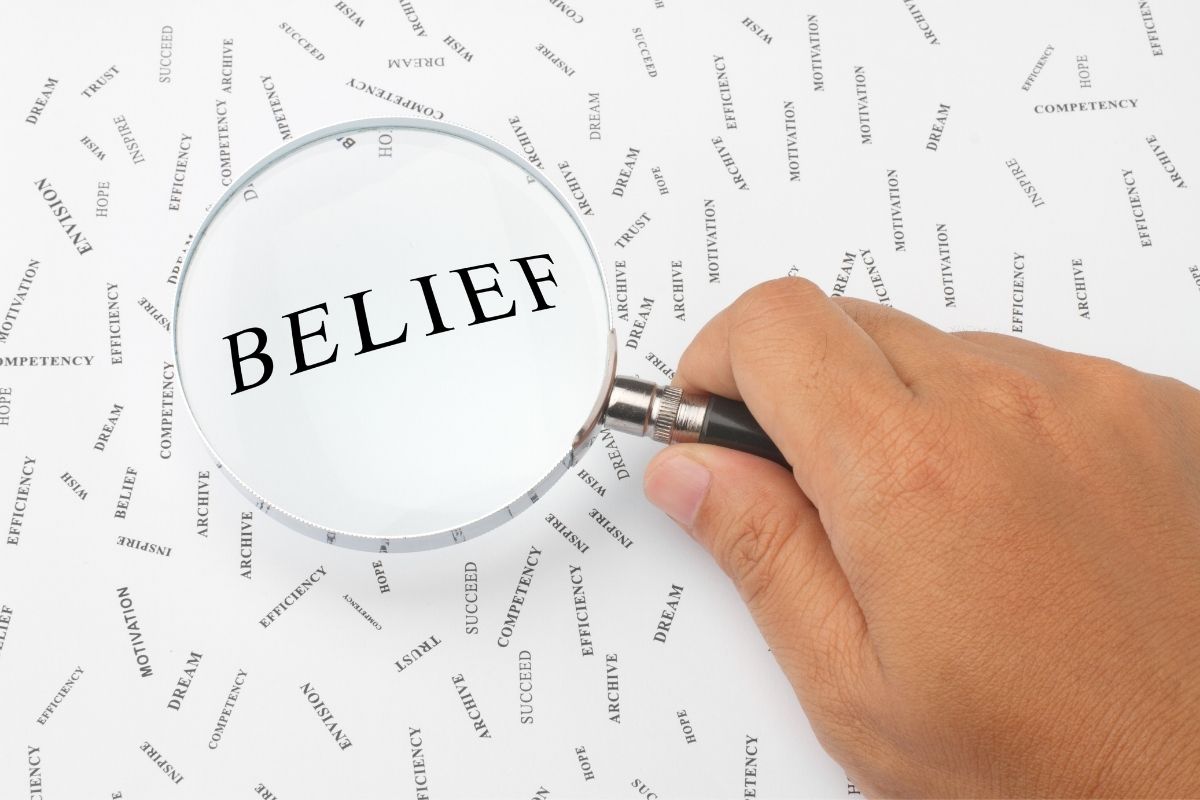The Human Psyche Does Not Like Uncertainty
Staying mentally, emotionally, and physically healthy is about understanding the cause of mental, emotional, and physical distress. Uncertainty is high on the list of things that tip the scale from feeling secure to feeling insecure.
The human psyche does not like uncertainty. And uncertainty is at the core of any person, community, or world crisis. Nobody knows what will transpire next. People don’t know if they will be caught up in a crisis. Whether they will have a job tomorrow or what restrictions authorities might decide. Everything in your life immediately feels uncertain. And this goes against how the human psyche is wired.
The human psyche is wired and geared to constantly make predictions about what will transpire next so that one can guide one’s behavior. And when you can’t do that, the rational part of your psyche shuts down and the emotional center – the limbic system – takes over. This brings on fear, anxiety, and erratic thinking followed by erratic behavior. Fear of uncertainty is what drove the toilet paper buying binge and all the panic buying. People are grasping at something they can control. Grasping at things brings back some predictability, even if the predictability is short-lived.

Experiments conducted at University College London revealed that people are more stressed when they are told they might receive an electric shock than if they know they’re definitely going to receive one. So it’s common for the majority of people to feel anxious, fearful, and panicked due to uncertainty.
Everything is in the right order when you know how to organize your perspective.
The first step to protect your mental, emotional and physical health is to pause and identify how you feel. Even if the answer is ‘I don’t know – I’ve never felt like this before. Pausing to ask the question and acknowledging your fear of uncertainty, starts to re-engage our forebrain – where rational thinking takes place – and you feel calmer.
Secondly, remember that everyone is in this together. There isn’t a person on the planet who is unaffected by a community or world crisis in some way or another. You are not alone. Talk to family, friends, colleagues about how you’re feeling and the specific things that are distressing you. Ask others how they’re managing everything. Your confidante will respond in one of three ways:
- He or She will express reassurance
- She or He will offer practical advice
- She or He will say the two most powerful words: Me too. And hearing the words ‘me too’ – or something to that effect – immediately dampens down stress–I’m not weird or have something wrong with me for feeling this way. Even if neither of you has any answers, you’ll both feel better for sharing your concerns.
Thirdly, to keep yourself mentally, emotionally, and physically healthy during a crisis–counterintuitive though it might sound–is to actively look for ways you can help others. Focus on what you can do for others – in small ways or in big ways. Nothing improves our mental, emotional and physical health more than feeling that you’re making a positive contribution to someone – whether it’s family, a friend, or a stranger. If you notice a colleague seems distressed ask them, ‘Are you OK? What can I help you do?’ If your neighbor is unable to go to the store, offer to drive them or get the items they need. This is the time for random acts of kindness. It will improve your mental and emotional health and the other person too.
“Together we are as strong as a tribe.” ~Ana Hawk
If this is you, and you need assistance beyond family and friends, let’s connect. Schedule a free 30-minute Discovery Call now.

